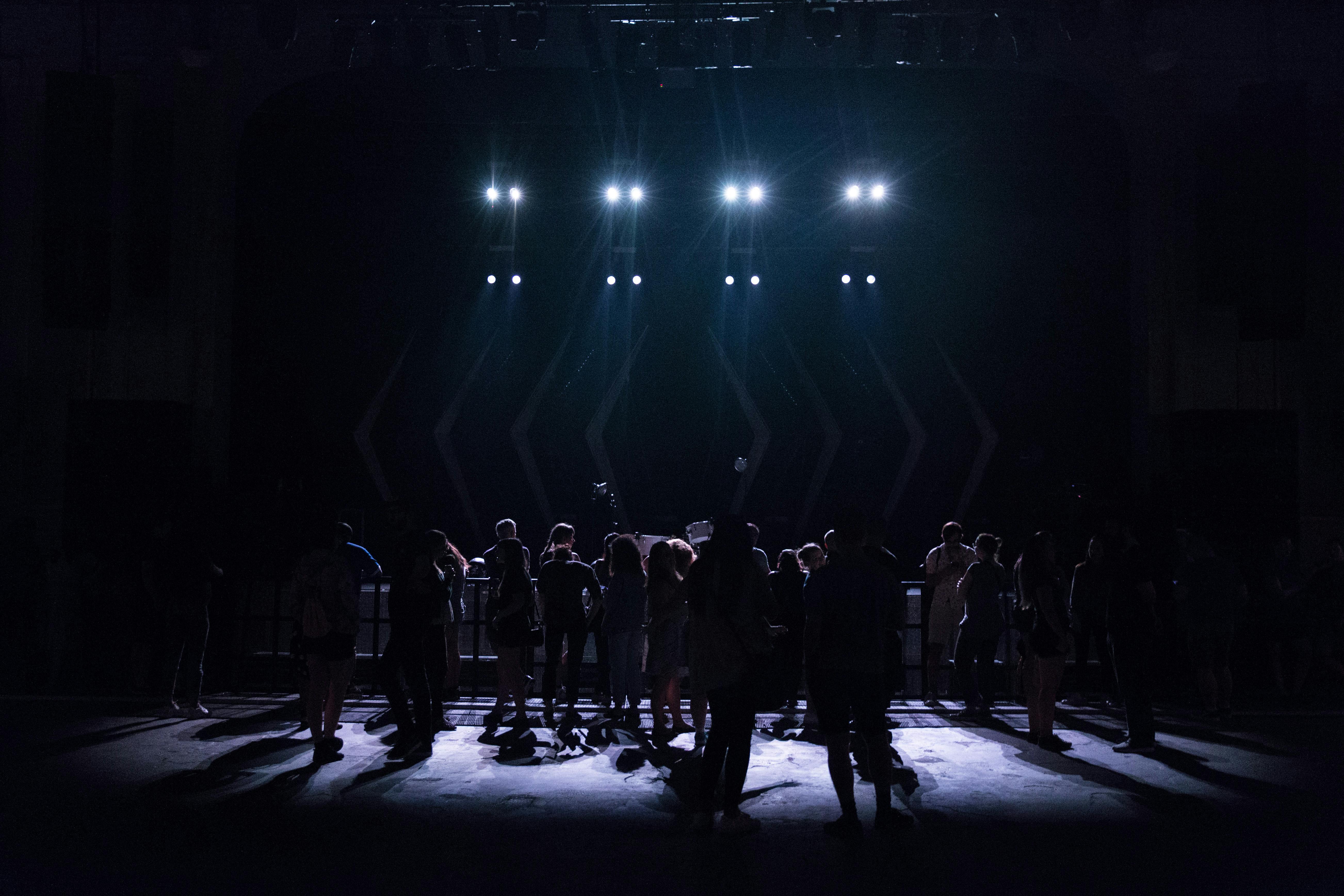Traversing the Unexpected: A Dive Into the World of Improv Theatre
Introduction: Improv Theatre, an art form with spontaneity at its core, has scaled the heights of popularity in recent years. This article offers an in-depth perspective on Improv Theatre's history, current updates, and its significant impact on the global entertainment industry.

Historical Context and Developments
Improv Theatre, short for improvisational theatre, has a long and rich history. Rooted in the Commedia dell’arte troupes of 16th-century Italy, it has evolved through numerous forms over the centuries. Modern Improv, as we recognize it today, began to take shape in the 1940s and 1950s with the innovative work of Viola Spolin and Paul Sills in Chicago. Their pioneering techniques in stage spontaneity led to the birth of the now world-renowned Second City troupe, a springboard for many famous comedians.
The Current Scenario
In recent years, improv has seen a resurgence, partly fueled by popular TV shows such as “Whose Line Is It Anyway?” and the rise of comedy troupes like Upright Citizens Brigade. Online platforms have also played a significant role in this resurgence, providing a space for performers to connect with audiences virtually, especially during the pandemic. This digital shift has also led to a greater diversification of improv styles and formats.
Impact and Significance
Improv theatre’s impact extends beyond entertainment, fostering creativity, teamwork, and communication skills. Many businesses and educational institutions incorporate improv exercises into their training programs for these reasons. Moreover, it has been instrumental in pushing the boundaries of theatre, challenging the traditional script-based approach and promoting a more inclusive, democratic form of performance where everyone’s contribution is valued.
Reception of Improv Theatre
Improvisational theatre has a broad appeal due to its inherently unpredictable nature, keeping audiences on their toes. The fact that each performance is unique and unrepeatable adds to its allure. However, the reception isn’t universally positive. Critics argue that the absence of a script can lead to unstructured and aimless performances. Despite this, many appreciate improv for its rawness and the extraordinary skill required to create humor and drama on the spot.
The Future of Improv Theatre
The future of improv looks promising, with new troupes emerging and more people taking improv classes than ever before. Furthermore, the digital revolution has opened up unprecedented opportunities for innovation. Virtual reality, for instance, could offer a new dimension to improv, allowing performers and audiences to interact in immersive digital environments.
In conclusion, Improv Theatre, with its remarkable history and ever-adapting nature, continues to be a testament to the power of spontaneity and creativity. As it evolves with the times, one thing remains constant—the absolute thrill of the unexpected.




